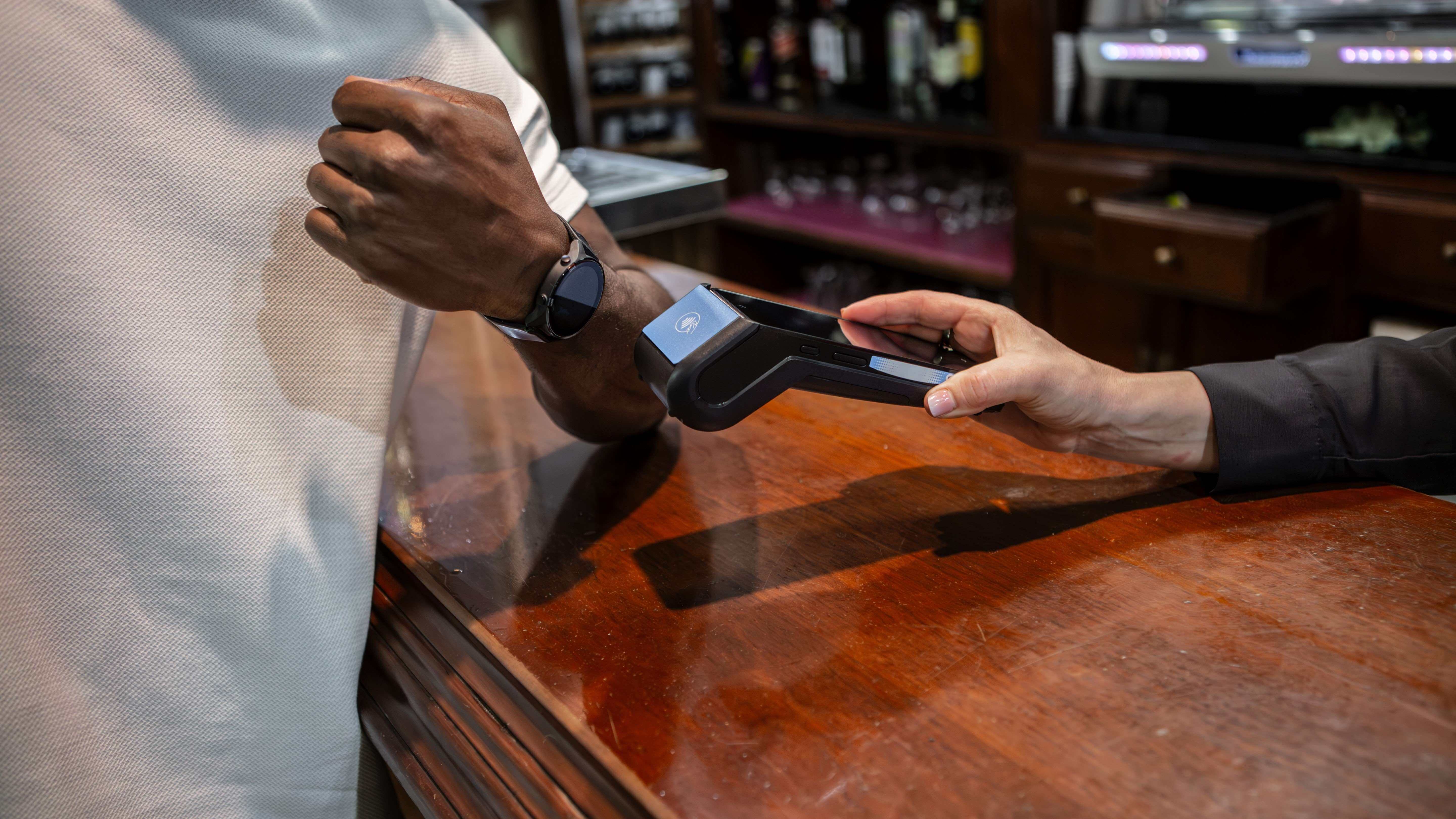Consumers Are Changing The Way They Pay – But Are Small Businesses Ready?
Staying ahead means understanding not just what customers want to buy, but how they want to pay.

Creating an outstanding, memorable customer experience is a top priority for many small businesses. From designing exceptional products or services to marketing and delivery, every step is carefully crafted to meet customer expectations.
Yet, a crucial aspect is often overlooked: ensuring customers can pay in a way that suits them. Xero’s research, ‘I want to pay that way’ suggests that there is a widening gap between the payment methods consumers expect to be able to use, and what small businesses can accommodate. This misalignment isn’t just a minor inconvenience – it can directly hinder sales.
Technology is reshaping payments
The growth of digital payments is transforming the way we transact. In the UK, cash is declining, and frameworks like open banking are gaining traction, creating new expectations from consumers for fast, seamless transactions.
While larger businesses typically have the technology and resources to adapt, smaller businesses are often stretched too thinly. Many will be entirely focused on driving sales and finding new customers, and so won’t necessarily have the time to assess and adopt new payment trends, with 80% admitting their business would be affected if cash and cheque disappeared tomorrow.
The Labour government has committed itself to supporting the use of new technology in financial services, such as open banking and open finance, with the hope of fostering competition in retail payments. This offers businesses a great opportunity to drive more sales and attract a wide customer base. And in the meantime, small businesses can be supported with the resources and guidance to keep pace with the innovations being made in payments.
Adapting to evolving payment preferences
There’s a clear disconnect between the payment methods customers expect and what small businesses provide. Nearly 87% of UK consumers prefer to use credit or debit cards, yet just over half (55%) of small businesses offer this as an option.
This gap only increases for younger generations, with over half of Gen Z using mobile payments, but only a third of small businesses currently accepting Apple Pay or Google Pay. What’s more, almost half (47%) of Gen Z consumers only take their mobile phone to pay when physically going to the shops.
To stay competitive and attract younger, tech-savvy customers with growing purchasing power, small businesses should review their payment methods. In fact, with one in four consumers willing to choose a business with more payment options over one that doesn’t, offering diverse payment options isn’t just a nice-to-have; it's essential, especially at a time when UK small business sales growth remains weak.
Strengthening cash flow management
Over a third of small businesses report that their top challenges are making sure there are enough funds to pay bills (36%) and keeping track of due dates so that bills are paid on time (35%). Yet, improving the payment experience for customers could actually help alleviate cash flow issues.
Xero’s research showed almost half (49%) of small businesses report spending at least two hours a month chasing late payments. Delays often happen because customers temporarily lack funds (30%) or because they simply forgot to pay (24%). With 37% of consumers expressing frustration at not being able to pay how they want, offering preferred, flexible payment options can encourage them to pay faster. By providing these methods, small businesses are more likely to boost revenue and maintain a healthy cash flow in the long term.
Early payment adopters reap the awards
Many small businesses are hesitant to embrace new payment methods, with some questioning their value. 33% believe that they’re not relevant to their business, while 31% believe that there is no demand from customers. However, for those who have introduced new payment options within the past 6–12 months, the benefits are clear: 24% have seen a boost in sales, while 25% report being paid faster.
In today’s retail market, staying ahead means understanding not just what customers want to buy, but how they want to pay. By adopting new payment methods, particularly digital methods, small businesses can improve their cash flow, attract a wider customer base, and ultimately support long-term growth.
Kate Hayward is UK Country Manager at Xero.
Thanks for signing up to Minutehack alerts.
Brilliant editorials heading your way soon.
Okay, Thanks!

